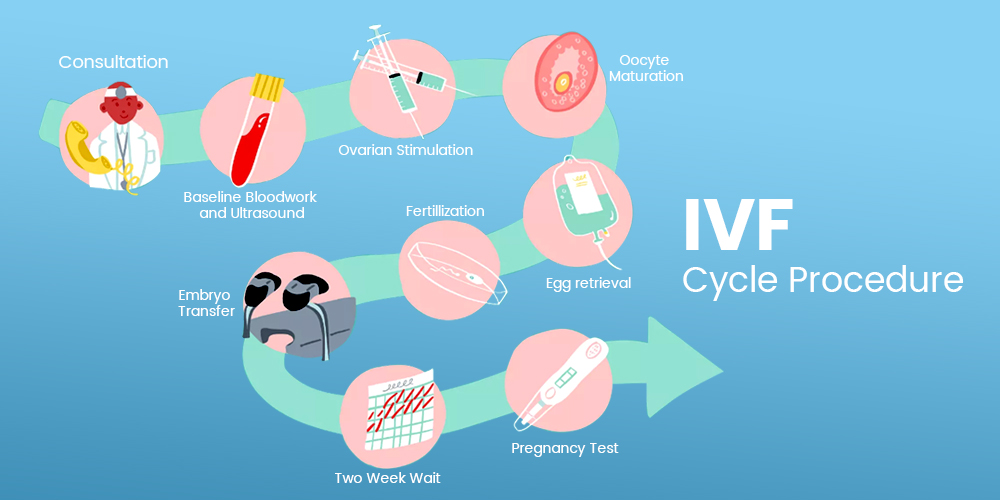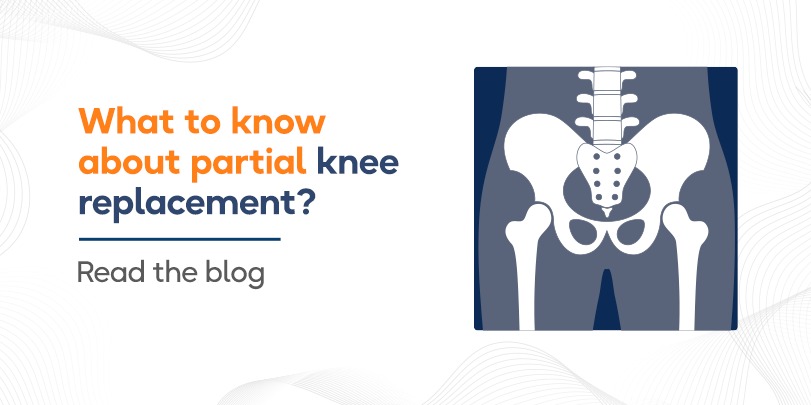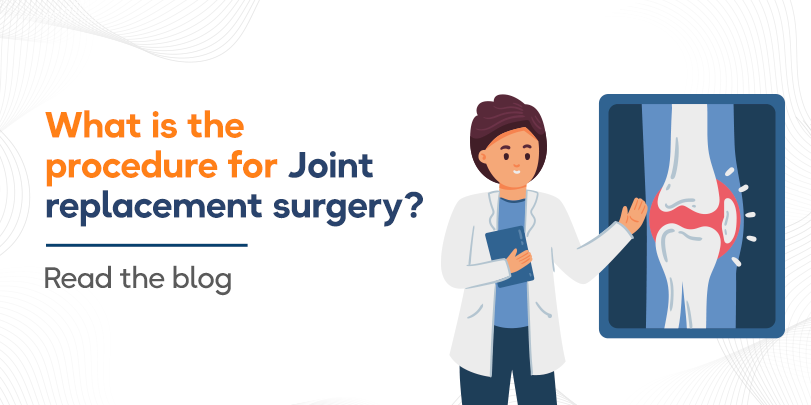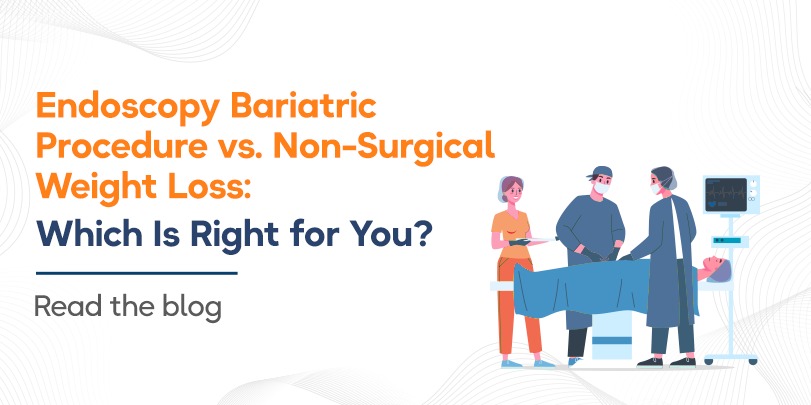If you don’t take proper care after your joint replacement surgery, you might end up having more complications and pain. Recovering after joint replacement surgery is challenging but not impossible. If you follow a proper post-surgery regime, you can restore complete mobility to your joint. The first few days might be painful and tiring but with the help of your loved ones, you can make a complete recovery.
Joint replacement surgery has a success rate of almost 95%. Post-operative care plays a huge role in this number. If you don’t want to end up being those 5% people, you need to make a post-operative plan even before the surgery. Here are some tips to follow after surgery for a quicker recovery.
Make your home compatible with your situation
You need to make adjustments to your home according to the limitations of your mobility. You can take the help of your family to do it. Everything should be easily accessible. You should strictly avoid taking stairs or lifting anything heavy. Your room should have:
- A western toilet
- A bed that is knee high
- Pillows for elevation
- Ice packs for the joint
- Properly arranged medications
- A walker or a stick
- Comfortable clothing
- Easy controls on lights and fans
Do some light household chores?
Your joint needs to heal but it also needs some movement from time to time. If you just lay down all day, the joint can get stiff. Household chores are not completely out of bounds after the surgery. You can do light work and keep the joints moving. It helps take your mind off the surgery and helps increase mobility. But it is important to not overdo anything. You are not supposed to do the work like you used to. Ease into your work slowly. These light chores can be dusting, cutting vegetables and making your bed. Washing clothes and lifting heavy things is highly prohibited.
Take help of a physiotherapist
You need to keep the joint moving. Little walks around the house are useful but don’t limit yourself to that. Physiotherapy increases the speed of recovery drastically. A professional physiotherapist knows which exercises need to be done and how. He knows what kind of exercises will help you the most and he will closely guide you through them. He can also monitor your progress and change your exercise routine based on the progress you’ve done. You can also learn some light stretches from a physiotherapist to do on your own when he’s not with you.
Eat homemade wholesome meals
After the surgery, your medication might include important vitamins and minerals. But that is not a substitute of a healthy diet. After the surgery, you must have homemade wholesome meals every day. Put a hold to food ordering for a while. Have homemade food as long as you’re in recovery. A well balanced diet complements the exercises and helps you recover faster. Try to include all four food groups in your diet throughout the day. A healthy diet accelerates your recovery and improves your overall health.
You can get to your normal routine after about 3 months. Complete recovery differs from person to person. You can expect it after about 6 months from the surgery. It might seem a really long time to get back on your feet but when it comes to your good health, you can’t afford to take any risk. You need a hospital that provides complete care from surgery to post-operative care. Radiance hospital provides complete patient care to successfully recover from joint replacement surgery. Contact Radiance hospital now.














